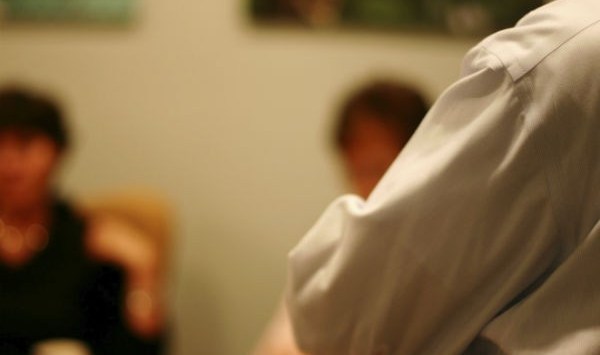

Prospective small business owners, including franchisees, need greater education and support when deciding to start or purchase a business, according to research released this week by Griffith University’s Asia-Pacific Centre for Franchising Excellence.
The research, which was completed with researchers from the University of New South Wales and supported by CPA Australia, found the level of due diligence undertaken by prospective small business owners and franchisees in Australia is “unsophisticated” and most business owners have a “naïve” appreciation of business.
In fact, the many of the 60 independent business owners and franchisees interviewed for the research were not familiar with the term ‘due diligence’ or how to conduct due diligence effectively.
Read more: Is buying a franchise like buying a house?
Professor Lorelle Frazer, director of the Asia Pacific Centre for Franchising Excellence and one of the authors of the research, told SmartCompany this morning the centre decided to undertake the research off the back of an earlier study on conflict in franchising, which found there was often an “expectations gap” when individuals chose to purchase a franchise.
That study suggested prospective franchisees needed to be more educated before they parted with their money and undertake due diligence.
“Everyone says to make sure you do your due diligence but do we really know if it makes a difference?” Frazer says.
“We wanted to explore that more.”
Overall, the franchisees surveyed were more likely to complete due diligence, compared to independent small business owners. However, Frazer says this is not necessarily surprising given the legislation that covers the franchising sector requires franchisors to provide disclosure documents.
But she says when these documents are provided, they can be problematic.
“Disclosure documents only have to be issued 14 days before an agreement is signed and franchisees need to have done their due diligence before then,” she says.
The most common form of due diligence reported by both independent business owners and franchisees was done via an accountant, with 56% of independents and 54% of franchisees seeking advice from an accountant.
But Frazer says both groups reported not seeking out accountants that specialise in either small business or franchising.
“Most people don’t use a specialist,” she says.
“They go to the accountant who does their tax return or to a friend or someone else in their network.”
Franchisees were more likely to seek advice from a lawyer (64%) compared to independents (28%) but independents were more likely to conduct research about their chosen market (41%). Just 14% of franchisees said they researched their market before making a decision.
More than half of franchisees (57%) said they spoke to other franchisees as part of their due diligence, while one fifth (21%) visited other franchisees and 11% observed the business in operation before they bought it.
Frazer says the business owners were also asked if they had any regrets about the due diligence they conducted. Sixty per cent of independents said in hindsight their due diligence was deficient but only 32% of franchisees said their due diligence was inadequate.
“There were a variety of reasons but in relation to franchising, some of the regrets were about the price they paid for the business or the cashflow modelling, which they hadn’t looked at properly,” she says.
“Other had bought a business and took the sellers’ word for it about the inventories. They didn’t do a stocktake or found out the stock was out of date. Others didn’t check their lease.”
“Those things either slipped their minds or were not front of mind and then they got caught out.”
The next stage in the research project will involve a much wider sample of hundreds of current and former small business and franchise owners, which will be conducted via an online survey and finalised by the end of the year.
But based on the preliminary findings, Frazer already has a sense of how prospective business owners may start to become more educated.
“The starting point is learning what due diligence is, why it is important, what you need to do and how much time you need to do it in,” she says.
“Often due diligence is an investment that is made prior to buying a business and so money might need to be set aside first.”


COMMENTS
SmartCompany is committed to hosting lively discussions. Help us keep the conversation useful, interesting and welcoming. We aim to publish comments quickly in the interest of promoting robust conversation, but we’re a small team and we deploy filters to protect against legal risk. Occasionally your comment may be held up while it is being reviewed, but we’re working as fast as we can to keep the conversation rolling.
The SmartCompany comment section is members-only content. Please subscribe to leave a comment.
The SmartCompany comment section is members-only content. Please login to leave a comment.